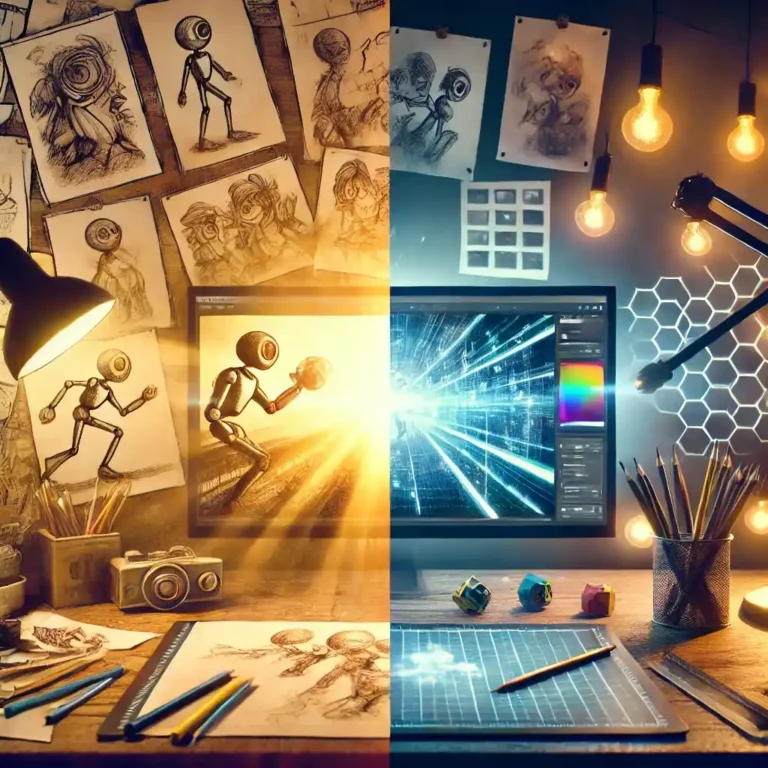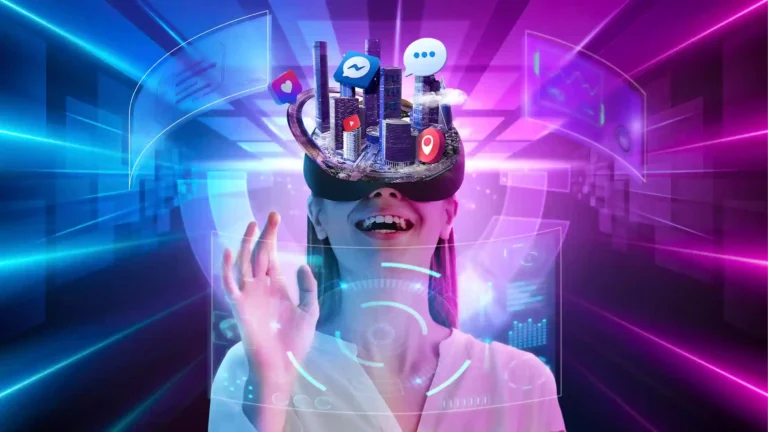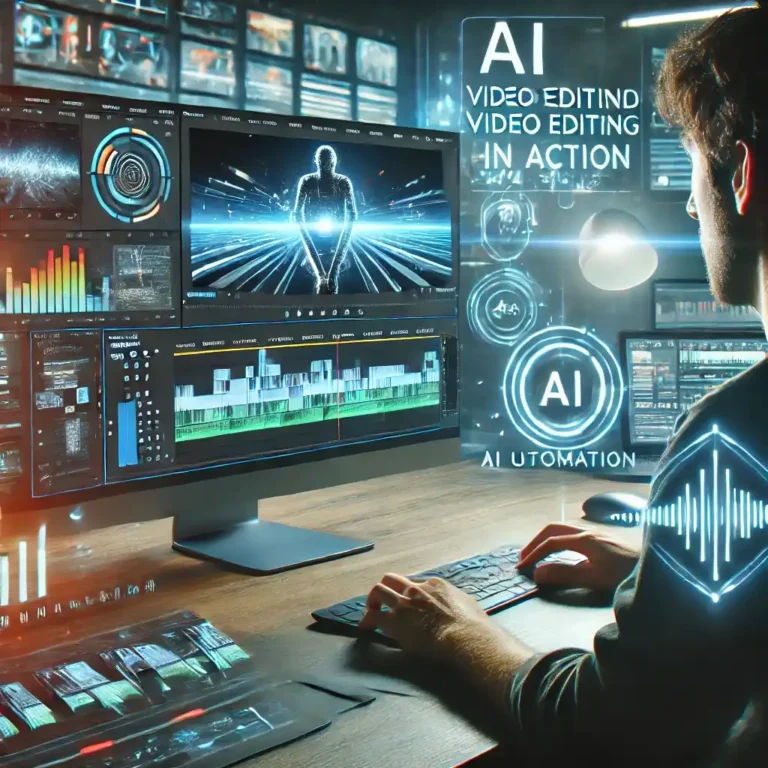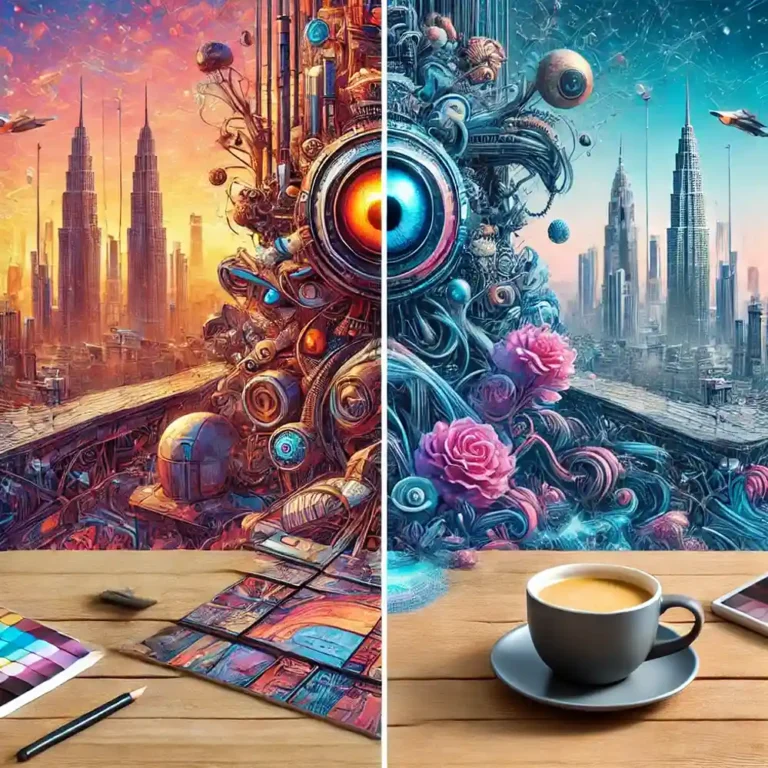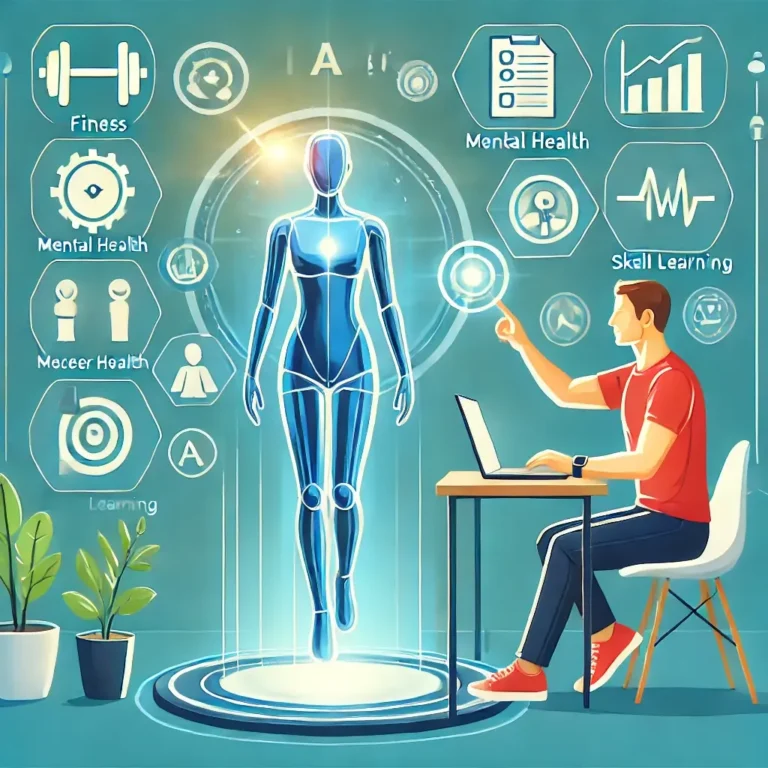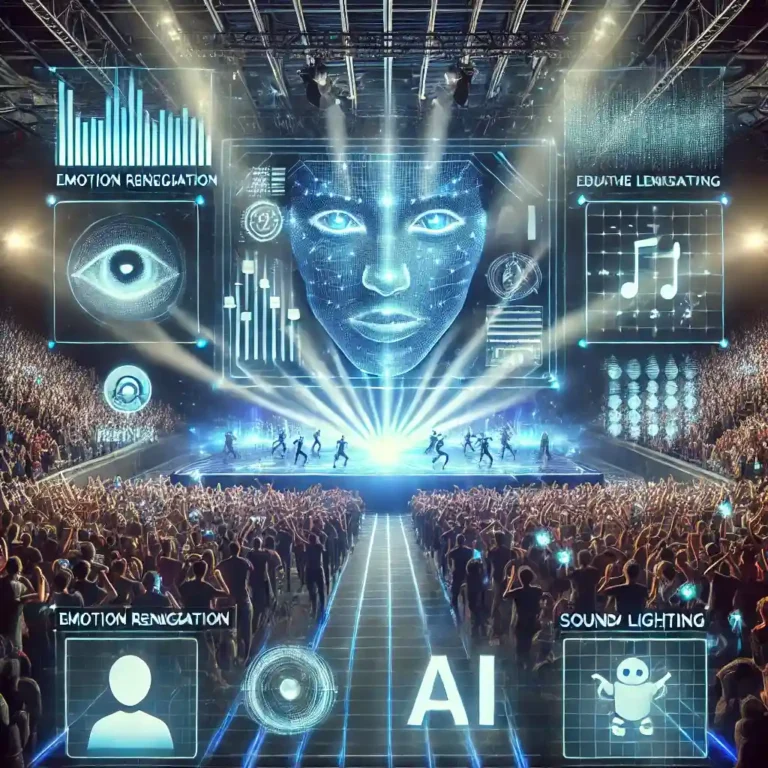AI Tools to Find Your Love in Digital Age
The role of technology is crucial in connecting with others. The rise of artificial intelligence (AI) has significantly changed the ways to find love and build relationships. From smart dating apps to virtual companions, AI is stepping into human spaces.
Matchmaking and Dating
AI-powered dating apps have made matchmaking very easy. Now you don’t have to go through profiles. Before the incorporation of AI in this category dating platforms match people on the basis of age, location, or hobbies. But now AI goes further. Now smart algorithms analyze user behavior, how you swipe, how much time you spend chatting, and who you message. Apps like Bumble and Tinder are using this technology that help them learn what you are looking for. eHarmony is a more advanced platform that took it further by using predictive analytics. These predictive analytics estimate the chances of long-term relationships.
AI is not only making matchmaking easier but also making it easier to communicate. Now apps can suggest icebreakers on the basis of mutual interests. These icebreakers ease the first step of initiating a conversation making dating more fun and stress-free.
Virtual Companionship
For those who struggle to form traditional relationships, AI offers them a solution. It provides them with a chat with AI, who remembers everything about them and understands them like no other. Replika is an app that precisely provides this and these are called virtual companions.
These virtual companions are powered by advanced technology and AI. Virtual companions are capable of having conversations meaningfully. They are available round the clock, are non-judgmental, and have the quality of empathy. They also provide emotional support that helps people to improve relationships and mental health. For example, Woebot provides practical advice to deal with stress and personal challenges.
These tools excel at what they do, but they are not a wise replacement for loved ones or therapists.
Long-Distance Relationships and the Role of AI

Although long-distance relationships are tough but AI is making them manageable. Couples can now create shared experiences with the help of virtual reality (VR) and augmented reality (AR).
With VR technology couples can watch movies together in a virtual theatre or watch the sunset on a digital beach. These experiences are making the distance more manageable. AI can also help in predictive scheduling to plan virtual dates and suggest the best time to talk.
Relationship Coach
Every relationship has ups and downs. AI is helping to navigate through those ups and downs by analyzing communication and behavior. AI-powered apps help to strengthen relationships. Apps like Lasting and Coral act as relationship coaches by offering practical advice. They can recognize patterns and problems to suggest ways to resolve conflict. Objectivity is an important aspect of AI relationship counseling. Human coaches or therapists may be biased in their approach but AI has not such biases. It purely focuses on helping couples to address problems effectively.
AI Partners
Synthetic partners have become a reality. These are robots or virtual entities which are powered by AI. AI equips them to mimic human-like companionship. These AI partners can hold conversations, simulate emotions, and respond according to one’s needs. They are best for those who are facing social challenges or may prefer alternative forms of connection. While these AI partners have been a safe and fulfilling option, they also raise ethical concerns. Here are some questions that need to be answered, can an AI genuinely replace human connection? What happens if we rely more on AI rather than real humans?
Virtual Being Real
There are many reasons why AI is so effective in relationships, but its most prominent ability is to make the virtual world feel real. Generative Adversarial Networks (GANs) create the most realistic visual, environment which enhances virtual interactions. AI-powered physics engines simulate real-world interactions. AI can also drive adaptive soundscapes, adjusting audio to match the environment. These advanced technologies and AI are thinning the line between real and virtual, which is making AI-driven relationships more popular and convincing.
Ethical Concerns and Challenges
Relying on AI for emotional support might reduce the time one can spend building real human connections. Privacy is also a cause of concern here because these dating apps and virtual companions collect personal data. This personal data could be misused if it is not handled properly and responsibly. Synthetic partners may manipulate and increase dependency. Hence, as this technology continues to improve it is very important to create a balance between the benefits of AI and maintaining humanity.
Digital Era and Love: The Future
The role of AI in relationships is only going to grow. In the future, we may see such AI companions that are indistinguishable from humans. There may be apps that can prevent and predict breakups before they happen. But still, no matter how advanced AI and Technology become, they cannot replace human relationships, authenticity, and connections. Human relationships, touch, and compassion will always be irreplaceable.
Virtual companionship and AI-powered matchmaking are creating new and advanced ways to connect. While AI is changing the way we experience and perceive love and relationships, the true magic of love still resides in the hearts of those who experience it. Hence, humans are always going to be the most significant factor in relationships.
Stay ahead in the digital world! Visit Aimetor.com for more insights on AI, technology, and innovation. Subscribe now and let us help you navigate the future!

